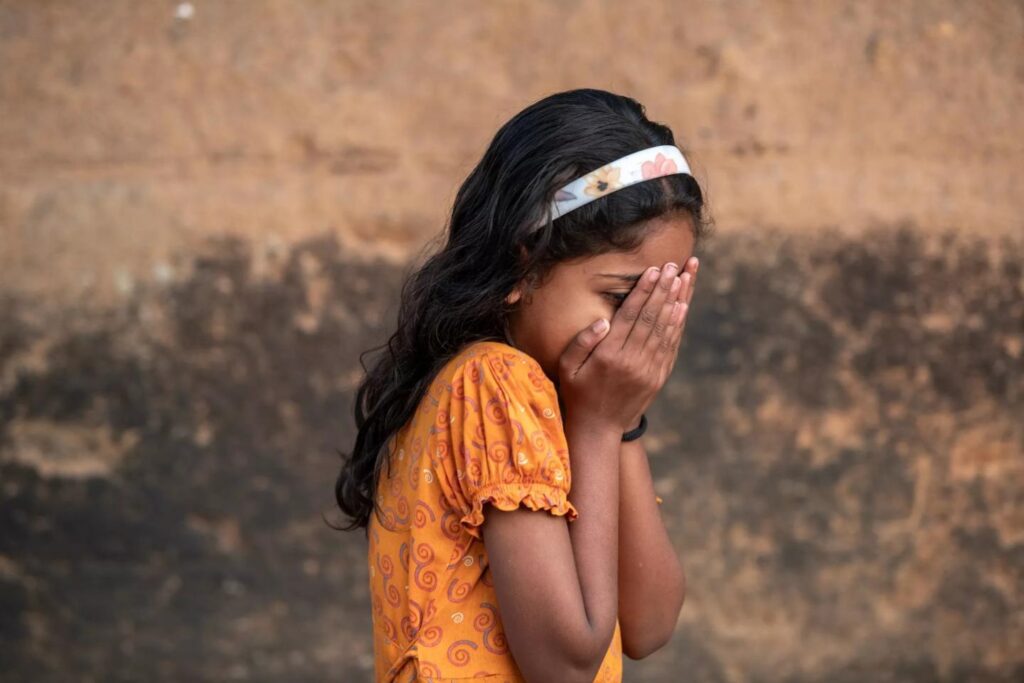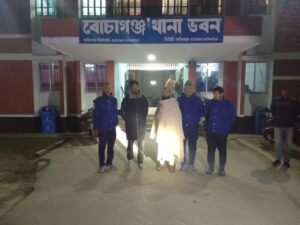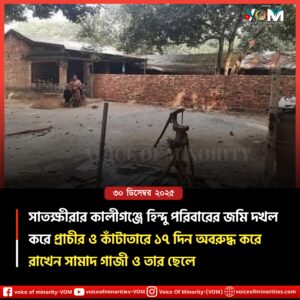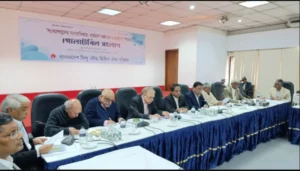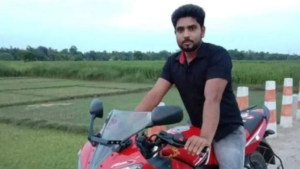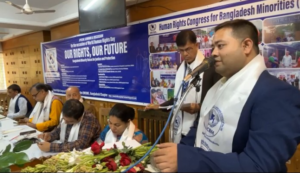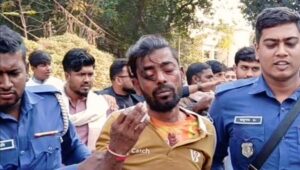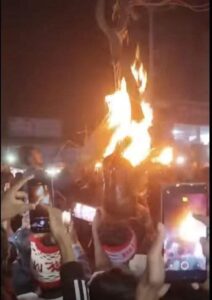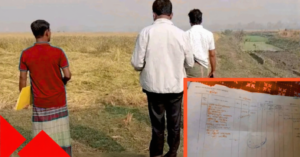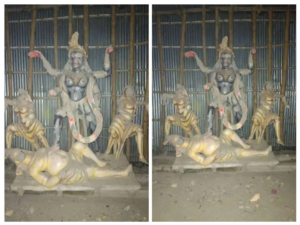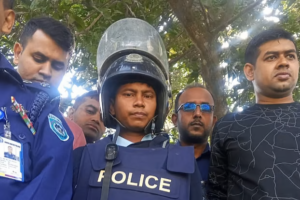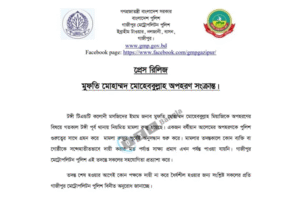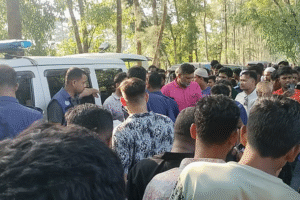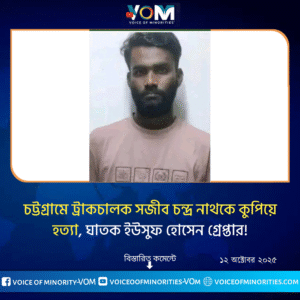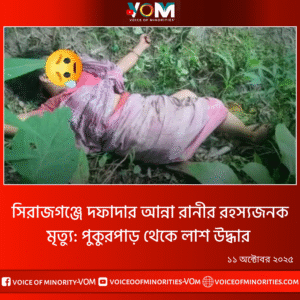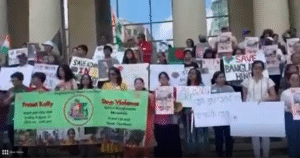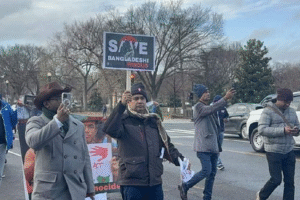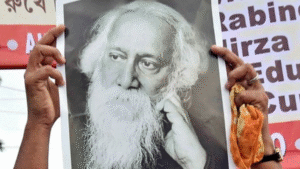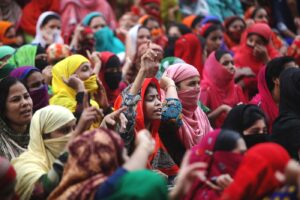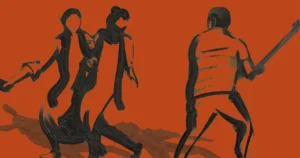Bangladesh’s interim government, formed after the ouster of Sheikh Hasina in July 2024, is facing mounting criticism over allegations of human rights violations, particularly against women, children, and minority communities. Rights groups say the new administration, led by Nobel laureate Muhammad Yunus, has failed to deliver on promises of reform while presiding over fresh waves of violence and insecurity.
Protest Crackdown Leaves Children Among the Dead
According to a UN fact-finding report, security forces killed more than 1,400 people during student-led protests in July and August 2024. Children accounted for over 12 percent of the casualties. Witnesses and survivors accuse police, the Rapid Action Battalion, and the military of extrajudicial killings, enforced disappearances, and torture.
Women protesters say they were threatened with rape and, in several cases, sexually assaulted by law enforcement or government supporters. “They told us if we didn’t go home, we’d be taught a lesson no woman could forget,” one student activist told local media.
Rising Violence Against Women and Children
Rights monitors report a surge in sexual violence since the interim government took power. A widely condemned case in March 2025 involved the gang rape of an eight-year-old girl in Magura district by her relatives, highlighting what campaigners describe as a “total failure” to protect minors.
Women’s groups also say public harassment, domestic abuse, and moral policing have increased. “We expected change after Hasina’s fall, but women remain unsafe in their homes, schools, and workplaces,” said a Dhaka-based activist.
Minorities Face Retaliatory Attacks
The interim government is also accused of failing to stop communal violence. Hindu, Ahmadiyya, and indigenous communities have reported attacks on homes, temples, and businesses. Villages in the Chittagong Hill Tracts saw arson and looting in the wake of political unrest.
International Concerns
Human Rights Watch (HRW) and other organizations say the new government is repeating many of the same mistakes as its predecessor. HRW notes that over 92,000 people have been charged in politically motivated cases since last year, with trials delayed or abandoned.
The U.S. State Department’s 2024 rights report acknowledged some improvements, such as the absence of torture in remand custody and expanded humanitarian aid for Rohingya refugees. However, it warned that “systemic abuse and impunity continue to undermine rule of law.”
Before the Interim Government
Under Sheikh Hasina’s 15-year rule, security forces were accused of torture, custodial killings, sexual violence, and enforced disappearances, often against political opponents. The Rapid Action Battalion was linked to hundreds of extrajudicial killings.
Violence against women remained pervasive: acid attacks, dowry-related assaults, child marriage, and trafficking persisted despite legal protections. International groups repeatedly accused Hasina’s government of shielding perpetrators through political patronage and weak enforcement.
A Cycle of Impunity
Analysts say Bangladesh has entered a new phase of instability, where both past and present governments share responsibility for entrenched impunity. “The system itself is broken,” said a Dhaka-based legal scholar. “Until abusive security units are dismantled and independent oversight is introduced, women and children will continue to pay the price.”
For now, victims and families continue to demand justice — a demand that has echoed across every administration but remains unanswered.

